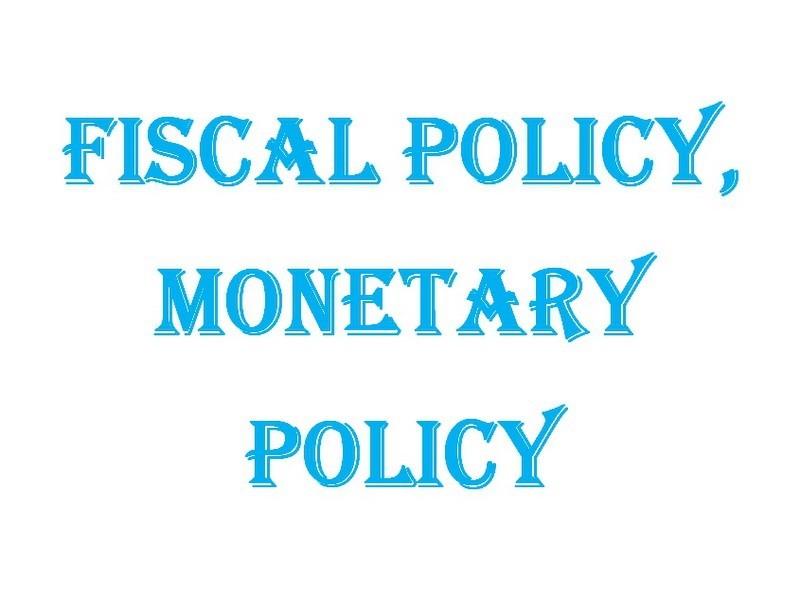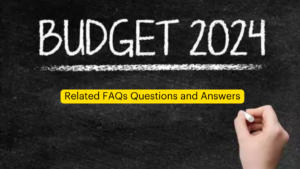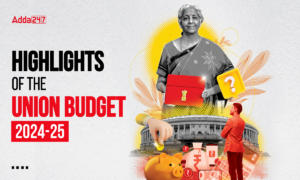Monetary Policy vs. Fiscal Policy
Understanding the distinctions between these two economic tools is crucial for comprehending how governments and central banks navigate the complex landscape of economic management.
Definition
- Monetary Policy: A financial tool utilized by the central banks to regulate the money supply and interest rates in an economy.
- Fiscal Policy: A financial tool employed by the central government to manage tax revenues and expenditure policies for the benefit of the economy.
Managed By
- Monetary Policy: Central Bank of an economy.
- Fiscal Policy: Ministry of Finance of an economy.
Measures
- Monetary Policy: Involves regulating interest rates for lending money in the economy.
- Fiscal Policy: Involves managing capital expenditure and taxes in the economy.
Focus Area
- Monetary Policy: Aims at ensuring stability within the economy.
- Fiscal Policy: Focuses on fostering economic growth.
Impact on Exchange Rates
- Monetary Policy: Higher interest rates under monetary policy can improve exchange rates.
- Fiscal Policy: Generally has no direct impact on exchange rates.
Targets
- Monetary Policy: Primarily targets inflation in an economy.
- Fiscal Policy: Does not have a specific target.
Impact
- Monetary Policy: Influences borrowing in an economy.
- Fiscal Policy: Influences the budget deficit of the economy.
Questions Related to Exams
Q: What is Monetary Policy?
A: Monetary policy refers to the tools and strategies employed by a country’s central bank to regulate the money supply and interest rates in the economy.
Q: Who is responsible for implementing Monetary Policy?
A: Monetary policy is implemented and managed by the central bank of a country, such as the Federal Reserve in the United States or the European Central Bank in the Eurozone.
Q: What does Fiscal Policy entail?
A: Fiscal policy involves the government’s management of tax revenues and expenditures to influence economic conditions, aiming to foster growth and stability.
Q: Who oversees Fiscal Policy?
A: Fiscal policy is overseen by the finance ministry or treasury department of a country’s government.
Q: How does Monetary Policy impact the economy?
A: Monetary policy influences economic conditions by regulating interest rates, affecting borrowing costs, and controlling the money supply to maintain stability.
Q: What is the focus of Fiscal Policy?
A: Fiscal policy primarily focuses on managing tax policies and government spending to stimulate economic growth and address fiscal challenges.
Q: Can you explain the difference in targets between Monetary and Fiscal Policy?
A: Monetary policy typically targets inflation control, while fiscal policy does not have a specific target and aims more broadly at economic growth and stability.
Q: How do Monetary and Fiscal Policies differ in their impact on exchange rates?
A: Higher interest rates resulting from monetary policy can improve exchange rates, whereas fiscal policy generally has no direct impact on exchange rates.
Q: What is the role of the Central Bank in implementing Monetary Policy?
A: The central bank, as the institution responsible for monetary policy, uses tools like open market operations and interest rate adjustments to achieve economic objectives.
Q: How does Fiscal Policy affect the budget of a country?
A: Fiscal policy influences the budget by managing government revenues and expenditures, impacting the budget deficit or surplus and overall fiscal health.



 Union Budgets 2024-25 Related FAQs Quest...
Union Budgets 2024-25 Related FAQs Quest...
 Union Budget 2024-25: Complete Budget An...
Union Budget 2024-25: Complete Budget An...
 Key Highlights of the Union Budget 2024-...
Key Highlights of the Union Budget 2024-...
